Brilliant minds, from top professors to AI experts, are quietly leaving South Korea in search of better work environments abroad.
At top universities like Seoul National University, a symbol of South Korea's elite education , the "brain drain" trend is becoming increasingly evident. In the past four years, 56 professors have resigned, moving to educational institutions in the United States, Singapore, or China.
This figure includes not only scientists and engineers, but also professors in social sciences, humanities, medicine, and the arts. Four times higher salaries, favorable research conditions, and housing support are driving the best minds to leave.
The root cause of this wave of "intellectual migration" lies in the shortcomings of the South Korean higher education system. Universities are suffering the consequences of a tuition fee freeze that has lasted for nearly two decades. This has prevented them from improving faculty salaries or investing in research.
According to the South Korean Ministry of Education, the average salary of faculty members at private universities increased by only 0.8% over the past five years, from 100.6 million won in 2019 to 101.4 million won in 2024. Meanwhile, international universities are willing to spend more than $330,000 to attract the same position.
For experts in the field of artificial intelligence, a sector expected to be a driver of national growth, the picture is even more worrying. According to the Korea Chamber of Commerce and Industry, the country currently ranks 35th out of 38 OECD countries in its ability to retain AI talent. Meanwhile, countries like Luxembourg and Germany are becoming attractive destinations thanks to effective talent recruitment policies and superior research facilities.
Besides low salaries, the research environment in South Korea is also criticized for a lack of career development opportunities, limited infrastructure, and over-reliance on short-term performance evaluations. An AI researcher at a major technology company shared that, in South Korea, domestic graduates are often undervalued compared to international students, not only because of their professional competence, but also due to their English skills and international experience.
In response to this situation, President Lee Jae Myung requested Prime Minister Kim Min-seok to propose measures to retain talent, especially in strategic fields such as AI and biotechnology.
However, many experts warn that preventing brain drain is not enough. South Korea needs to shift to a "brain circulation" model, meaning not only retaining talented individuals but also attracting international experts and encouraging Koreans abroad to return and contribute.
To achieve this, South Korea's education and research system needs radical reform, ranging from performance-based reward systems and investment in world-class research facilities to expanding global academic collaboration programs.
The "brain drain" phenomenon is not unique to Seoul. At major research institutions in the region such as KAIST, GIST, DGIST, and UNIST, 119 faculty members left between 2021 and mid-2025. Of these, 18 settled abroad. Professors from the region moved to the capital, and from there went on to study internationally.
Source: https://giaoducthoidai.vn/han-quoc-chat-vat-giu-chan-nhan-tai-post739119.html







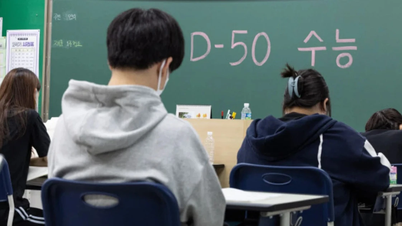
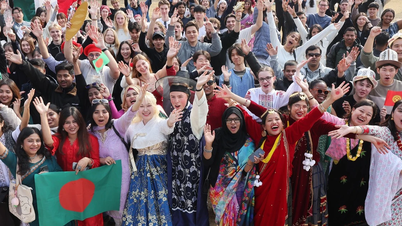
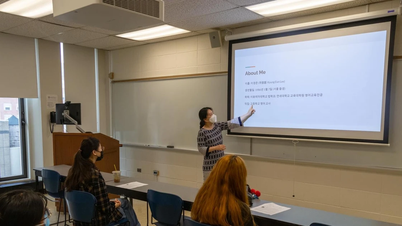


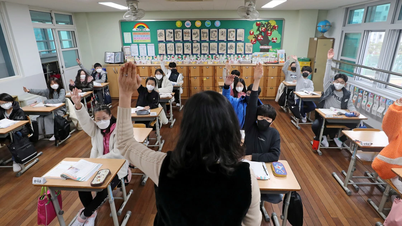
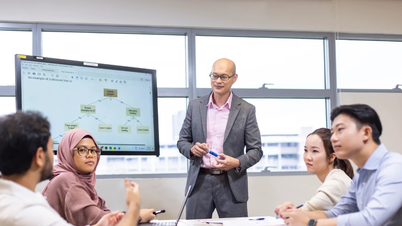
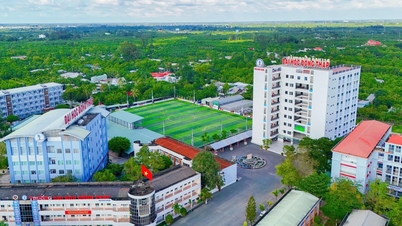

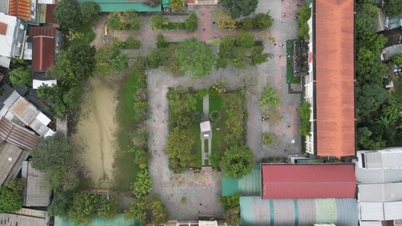

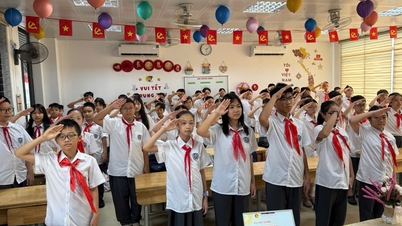

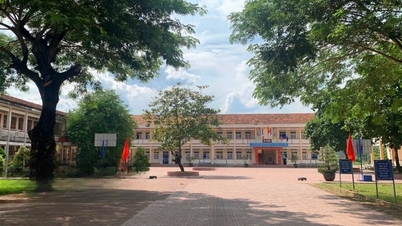
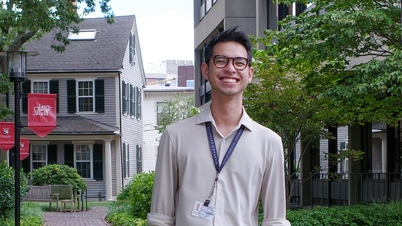





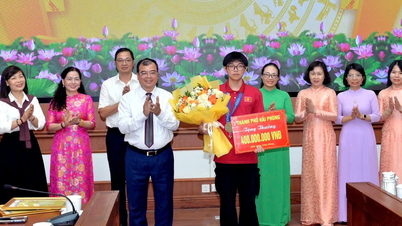
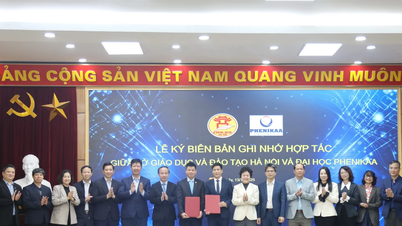
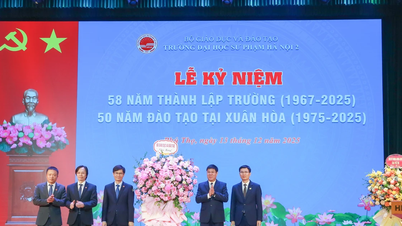
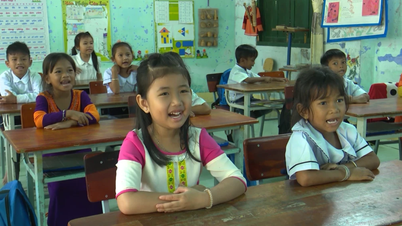

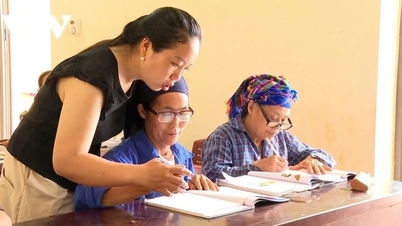













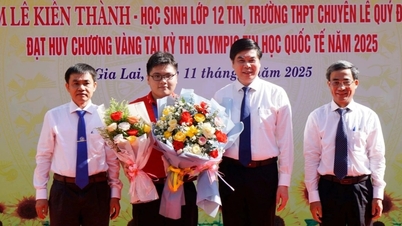























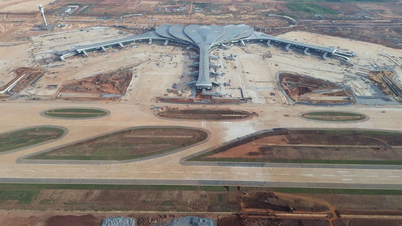
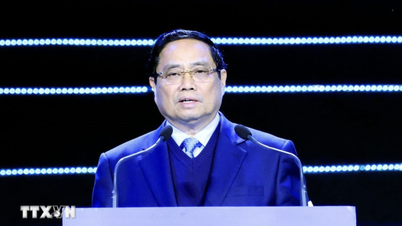


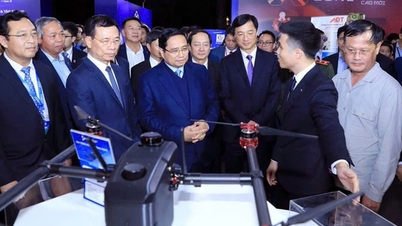

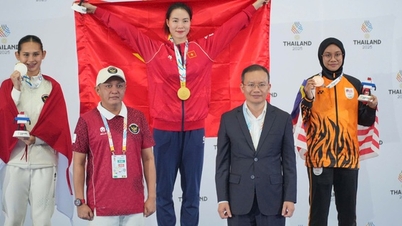

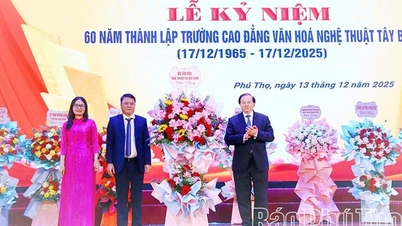
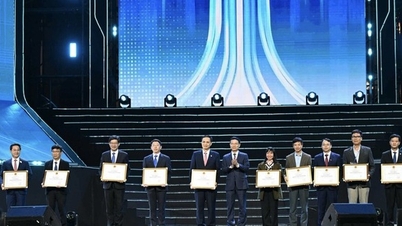
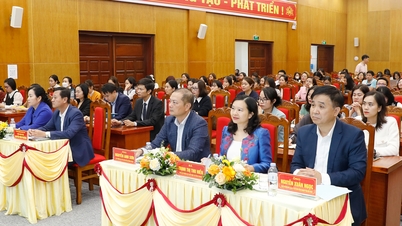

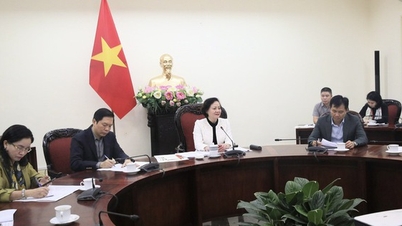


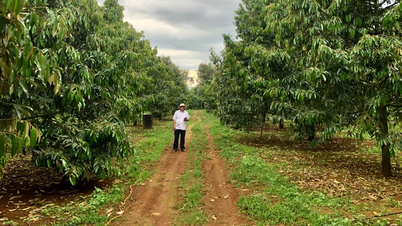



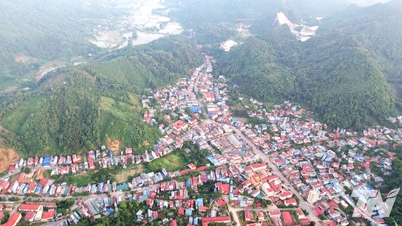

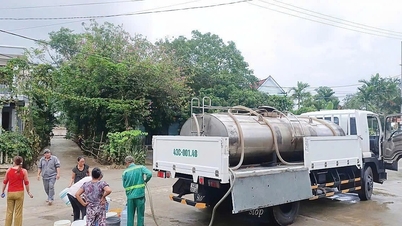















Comment (0)